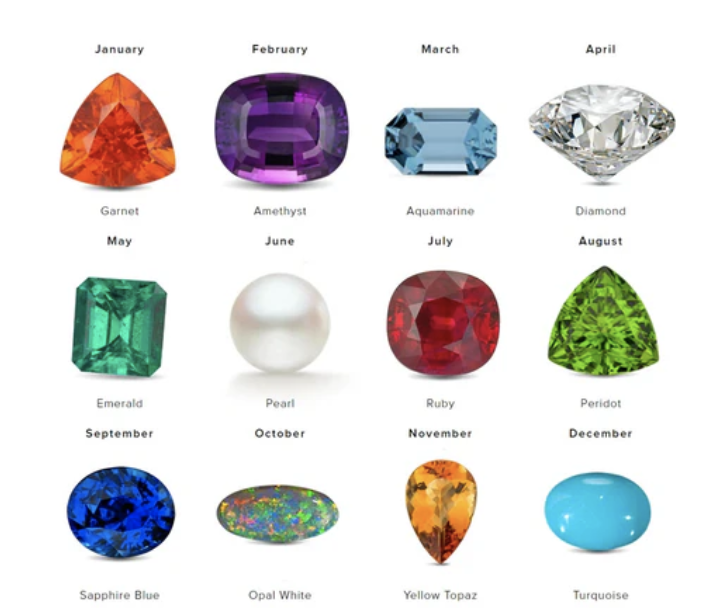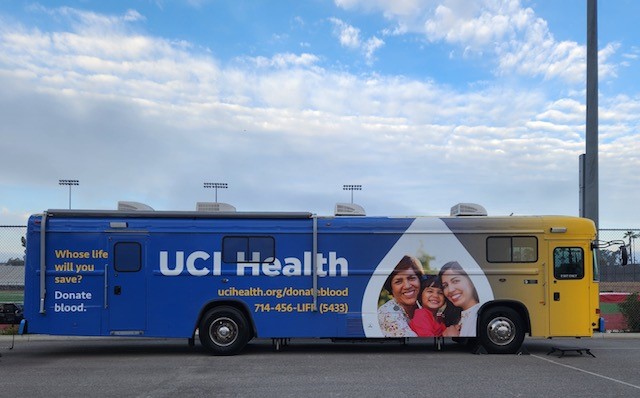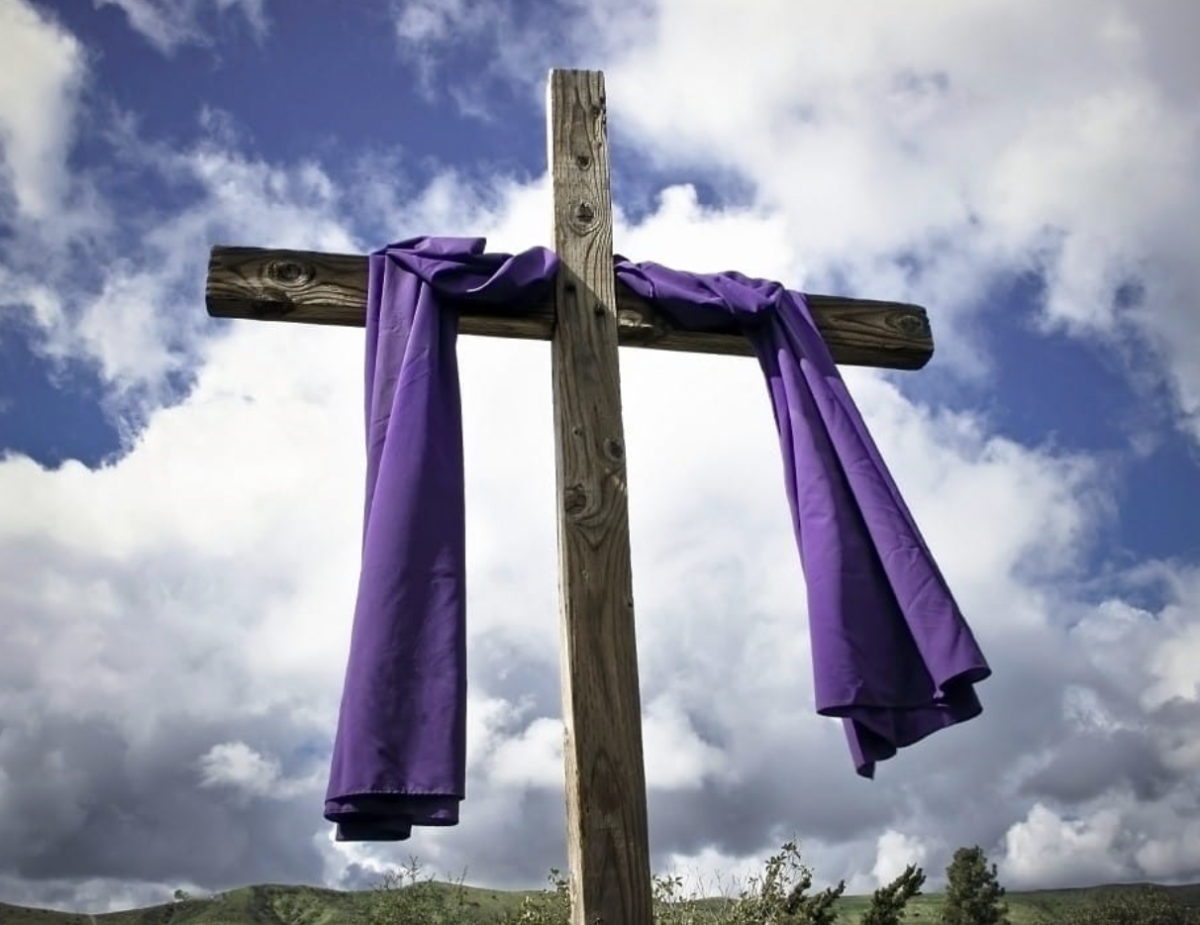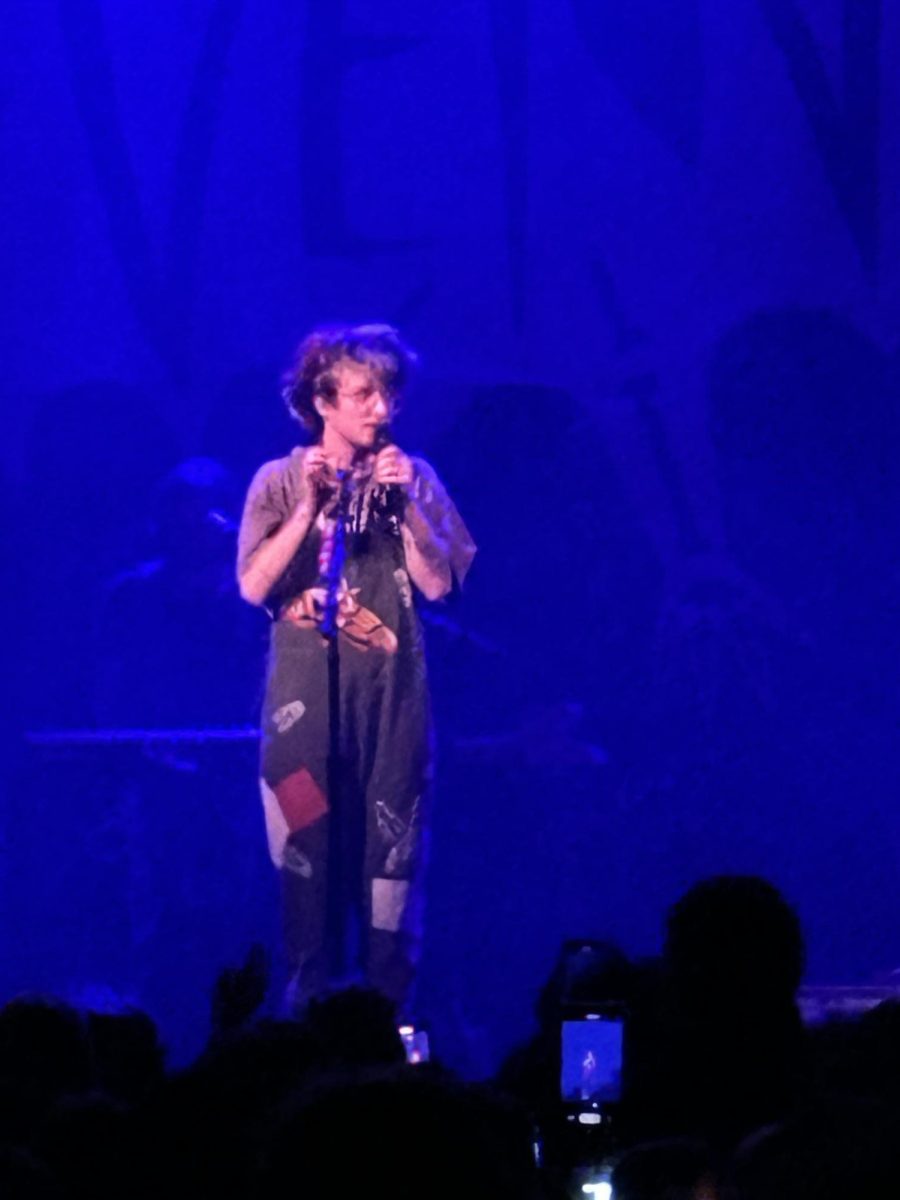When Dream Cross Reality-Precognitive Dreams
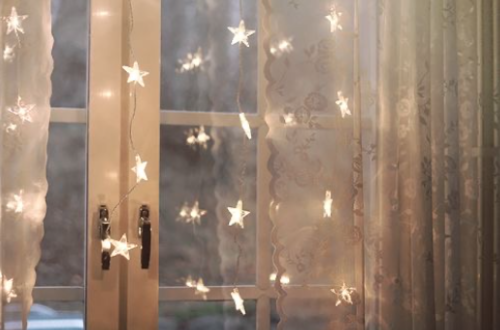
A bedroom window decorated with led stars gives the bedroom a perfect cozy space to sleep and maybe dream in
June 2, 2023
Precognitive dreams give insights into the future, scientifically, there isn’t much evidence on why they happen, but despite this, many first-hand accounts say otherwise- that’s what makes these dreams so interesting. There’s a difference between precognitive and intuitive dreams; intuitive dreams usually have previous experiences to back up the dream, and with precognitive dreams, there are no previous experiences or events to influence the dream from happening. There are a few famous examples of precognitive dreams from history.
He described his dream to his wife and friends two weeks before Abraham Lincoln’s assassination. He had wandered along the White House before walking upon his corpse- in the exact place where his coffin rested following his death.
In 1966 around 150 children, including adults, were killed following a landslide of waste from a coal mine that buried a school in South Wales. Psychiatrist John Barker visited the town to speak to the residents when he realized that many of them had the same type of suspicion- one kid who had died had dreamed of dying in the landslide days before. The following account is from The Aberfan Landslide.
Students have also experienced precognitive dreams, describing them as Dreaming is a phenomenon where time does not follow the strict linear rules of the day world. In dreams, we often have a mix of past, present, and possible future. “Dreams that predict the future are called precognitive dreams, a close cousin of the déjà rêvé phenomenon,” explained Ellis.
These experiences happen, but scientists need to figure out why. Though, there are a few explanations. Around ⅔ of people have had a similar experience relating to precognitive dreams; a lot of these dreams are coincidences. It was also found that paranoid beliefs along with precognitive dreams had a significant correlation with being able to connect dreams to happening events. With this in mind, I feel there are different sub types relating to precognitive dreams. With how frequently it occurs, many coincide with others due to obsessive, paranoid thoughts. But after hearing a lot of accounts, it wouldn’t be too odd if there was a small subtype for those types of dreams.
“I’ve been here before” Most people relate this quote to deja vu, but people don’t know that it’s a cooler subtype, deja reve! ¨When you dream of something you feel like the day has played out before,¨ comments Milo Martinson (11). It’s going through certain events while feeling like you have already dreamed them. We forget 95% of our dreams; from there, they’re buried deep in our memory until it’s recalled when we consciously go through a similar event. “Interestingly, according to the 2010 research, there is evidence that people who have ‘thin boundaries’ between mental states and are wide-open to experience are more likely to experience déjà rêvé (and déjà vu),” according to Sarah Regan.
The future affects the past vs. the future, changing the past; it all comes down to thought- experienced events could warp your past thoughts, but they can’t change past events. An example is the Mandela effect, when many people have the same misjudgment in belief. With everything in mind, it shows how easily our thoughts can warp; everything is subjective. This applies to a lot; how malleable our minds are varied from person to person. As the lyrics from Fireflies go, “everything is never as it seems.” Maybe it’s best to follow the meaningful moments you know for certain.

